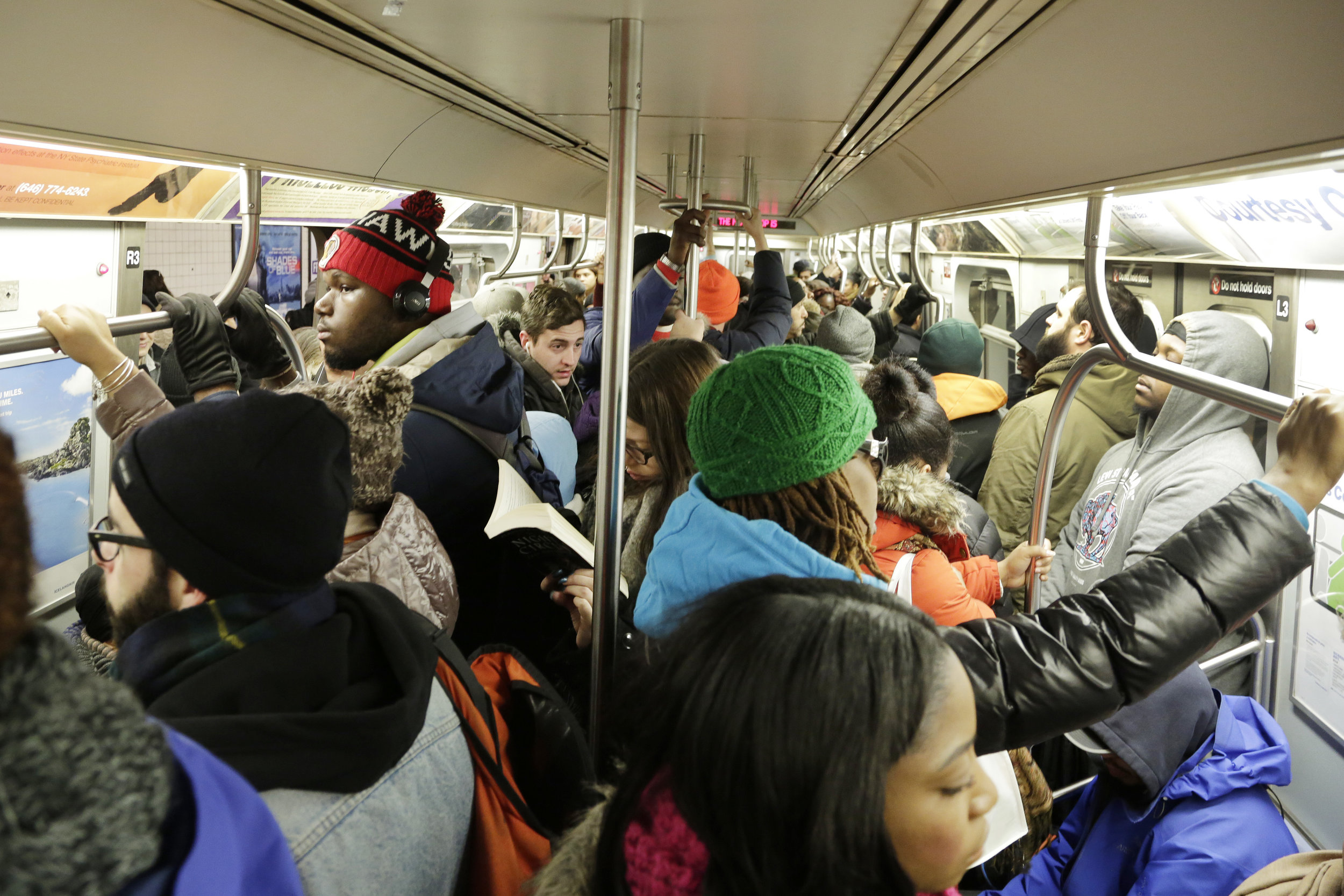France has suspended the admission of refugees from Gaza after a political uproar involving a Palestinian student, Nour Atallah, who was accused of sharing antisemitic content on social media.
French Foreign Minister Jean-Noël Barrot announced that no further arrivals from Gaza would be accepted until an investigation is completed. He also confirmed that the cases of Gazans already admitted to France since the start of the Israel–Hamas war in October 2023 will be reviewed again.
Student Forced to Leave France
Atallah, who arrived in July on a government scholarship to study at Sciences Po Lille, left France on Sunday and continued her journey to Qatar. Barrot said her past comments were “unacceptable” and made her presence in France “impossible.”
On the platform X, the minister wrote: “Nour Atallah has left France. She had no place here. I said it, and we did it.”
The French Foreign Ministry thanked Qatar for its “decisive cooperation” in accepting the student.
Defense Rejects Allegations
Atallah’s lawyer, Osama Dahman, said she chose to continue her studies elsewhere “to protect her safety and in a calmer environment,” while strongly denying the accusations. He argued that the allegations were largely based on reposted tweets taken “out of context.”
Judicial Proceedings and Ongoing Investigation
Screenshots attributed to an account linked to Atallah — later shut down — included calls for killing Jews. This led to her removal from Sciences Po Lille and the opening of a judicial case for “glorification of terrorism.” Another inquiry has been launched to determine why the posts were not detected earlier.
Although the authenticity of the screenshots has not been independently confirmed, Sciences Po Lille stated that Atallah’s online remarks were verified, without providing further detail.













